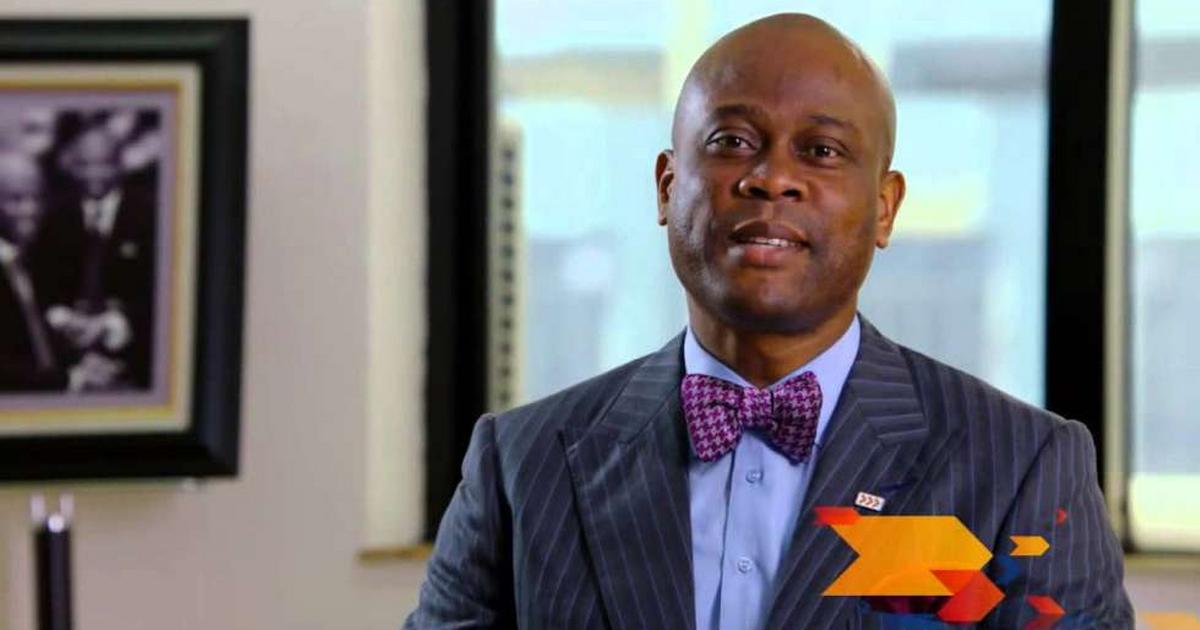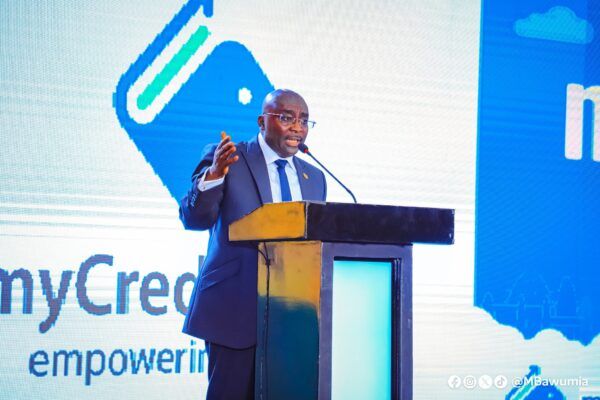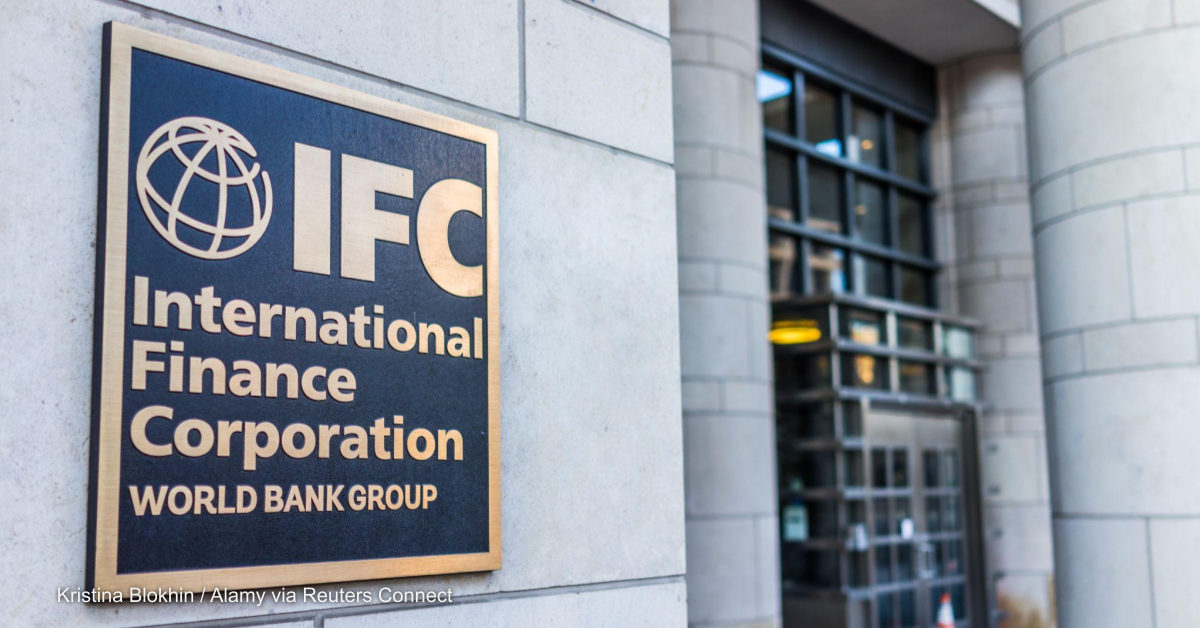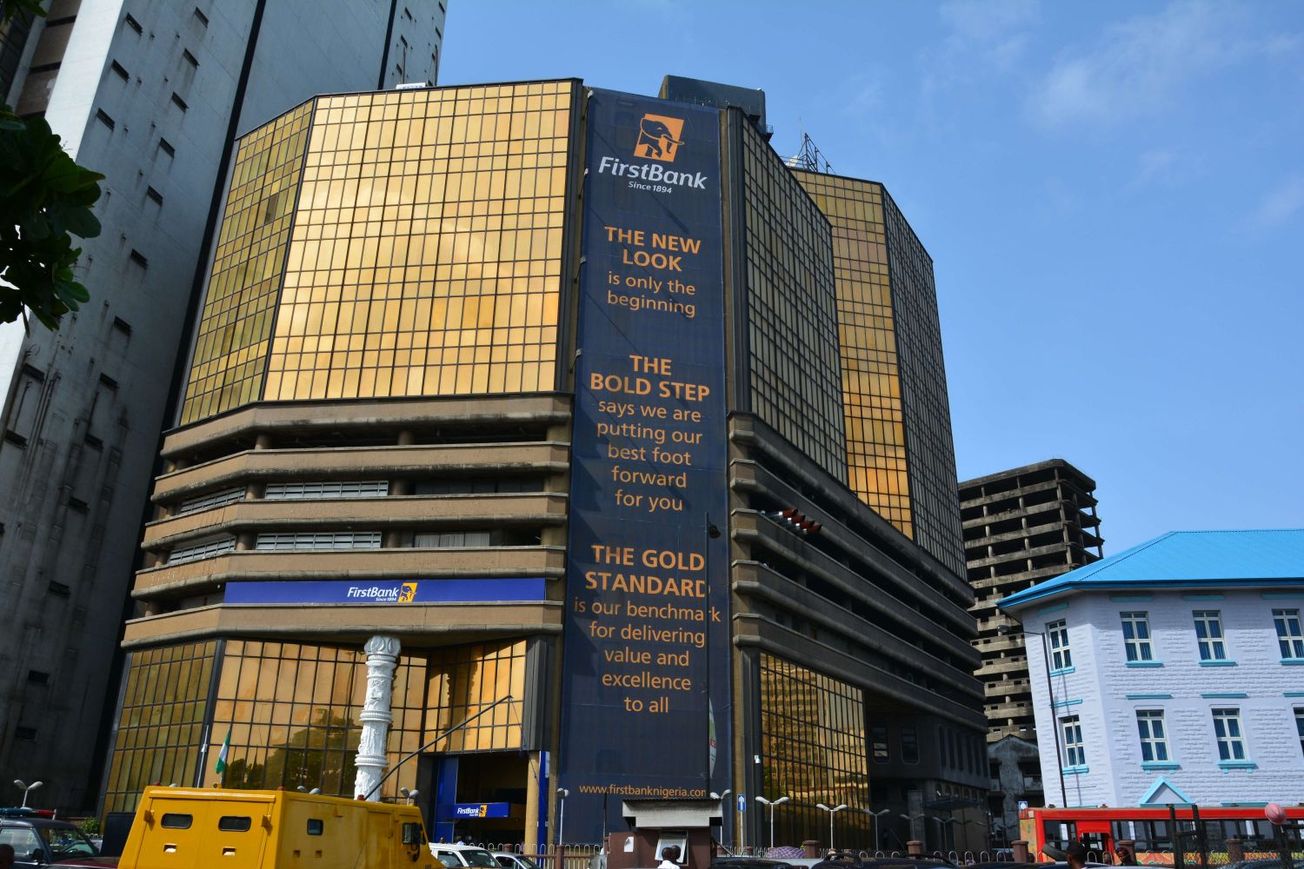Chief Executive Officers (CEOs) of organizations have increasingly come under the hammer as corporate analysts continue to question the growing size of C-suite executive pay compared to the slower revenue performance of their respective organizations.
Analysts have fretted that top executive pay in Nigeria has not lined up with the recent growth rates reflected in corporate gross earnings and operating profit.
In a seminal report published by Proshare in 2019 on Executive Remuneration a few of the critical observations included the following:

- Executive remuneration and corporate annual earnings performance were only mildly correlated. In the banking sector, the pay of corporate chief executives appeared tied to the size of gross earnings, and, to a lesser extent, the underlying profitability of their operations.
- The brewery sector was a different kettle of fish. The reward for executives in a company like Guinness was unrelated to the performance of the company. While executive compensation has moved up strongly in the last four years 2015 to 2018, staff costs have also in many cases, matched the growth in CEO pay. But, in a few cases, the growth in the CEO's take home wallet-size far outstripped the growth the company's staff cost with staff cost dropping off! This particular scenario played out in the case of Guinness and its CEO, Baker Magunda. The company's CEO income had risen by +754% between 2015 and 2018, but staff cost fell by -24.5% over the same period, representing a cut in staff cost of -8.97% on a compounded annual basis. The company's new CEO Magunda resumed duties in 2019, and, therefore, most of the previous pay rise was earned by Peter Ndegwa who had a three-year stint as head of the Nigerian operations of the company.
- Another notable departure from pay-for-performance was Lafarge Africa where the CEO's pay had grown despite the company writing consecutive losses for three years. Michel Puchercos had seen his pay rise by +30% between 2016 and 2018 and between 2017 and 2018 his pay went up by a further +21.2%. As Puchercos's pay grew (perhaps slower than that of his top ten CEO contemporaries) the company's loss grew by -49.1% between 2016 and 2017 from a loss before tax of N22.8bn in 2016 to a loss of N34bn in 2017 before recovering to a loss of N8.8bn in 2018.
- The outcome of the analysis of executive pay and performance in the report hinted at only a mild statistical correlation of 0.49; in other words, only about half of top CEO pay in Nigeria could be explained by their company's financial performance, the rest was subject to more obscure factors.
It will be interesting to see how the prevailing global pandemic has affected CEO remuneration so far. The new 2020 report gives juicy and facts-based details o that.










